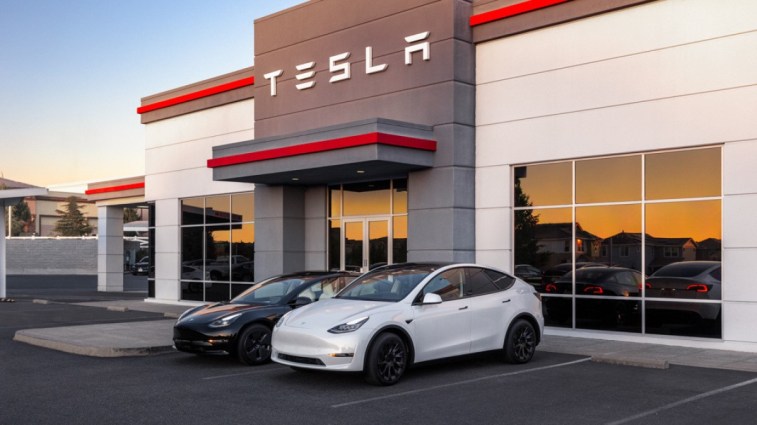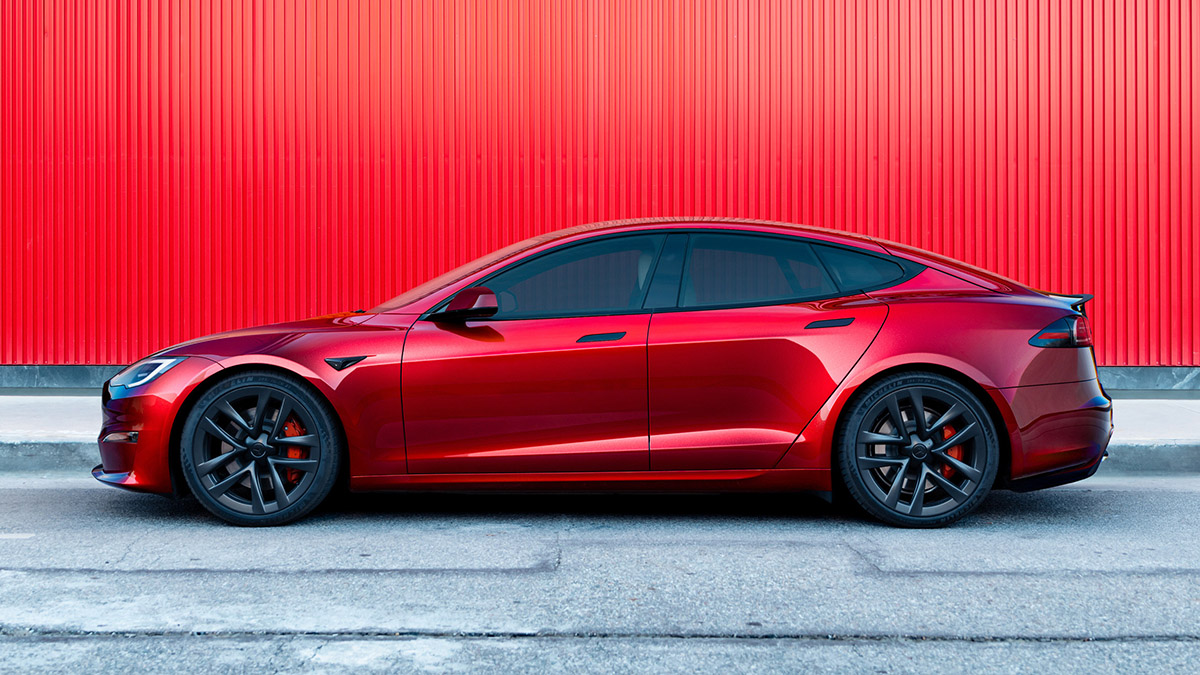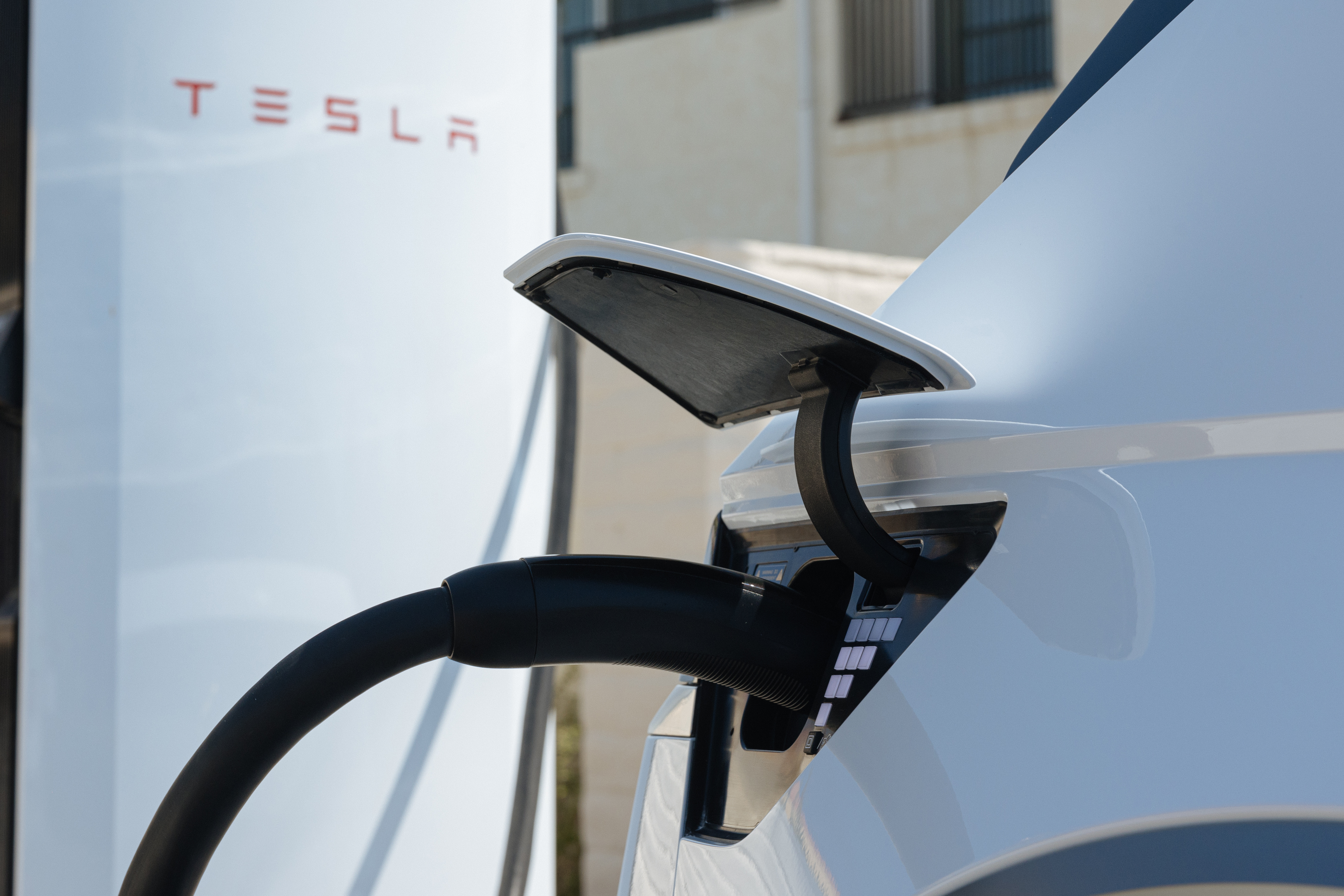
In that red county north of Dallas, where Donald Trump won nearly 6% more votes than Joe Biden in the 2020 presidential election, 8.7% of new vehicle registrations last year were electric cars. Electric vehicle (EV) sales also exceeded the national average in nearby Denton County — just as conservative a place. S&P Global Mobility reports that 7.3% of cars sold there last year were EVs.
The Washington Post reports, “Nationwide, most of the counties with the highest EV uptake are predictably blue and often high-income, but pockets of red are springing up.”
Americans are divided on going electric for their transportation needs. One recent study found the country split into thirds, with one-third ready to go electric, one-third still unsure, and one-third set against it. The breakdown often mirrors political lines.
But the lines are starting to blur.
Among counties that reliably vote Republican, the Post reports, “Florida’s St. Johns County, home to St. Augustine; Indiana’s Hamilton County, north of Indianapolis; North Carolina’s Union County, southeast of Charlotte; New Jersey’s seaside Monmouth County; and California’s Kern County, home to Bakersfield, are among the areas that voted for Trump in 2020 and had higher-than-average EV market-share growth last year.”
The Department of Energy’s Alternative Fuels Data Center reports that, in 2021, California led the nation in EV registrations. But deep-red Florida and Texas took second and third place.
Many EVs Are Built in Red States
The shift may reflect where EVs are built. President Biden frequently takes public credit for the Inflation Reduction Act, which provides tax incentives only for EVs manufactured in North America. It has triggered automakers to shift much of EV production to the U.S.
But it’s not going to all 50 states.
A recent Alliance for Automotive Innovation report, the industry’s largest trade group listed the country’s top “new EV production” states as Texas, Oklahoma, Alabama, Mississippi, Georgia, North Carolina, and Indiana. Only Georgia went for Biden in the past election.
South Carolina and Tennessee — reliably red in recent years — are also home to major EV factories.
Electricity industry publication E&E News notes that another “major beneficiary of the funding is the so-called battery belt — a swath of Republican-led states in the South and Midwest that has attracted the attention of EV industry manufacturers.”
Elon Musk’s Politics Give Conservatives Permission to Buy EVs
It could also be about public reaction to one man.
Tesla CEO Elon Musk has made a very public embrace of conservative politics. He recently hosted the launch of Florida Gov. Ron DeSantis’ presidential campaign. Automotive News speculates, “Some loyal Tesla owners will be offended at Musk’s rightward shift and abandon the brand; many more potential buyers are likely to show interest now that Musk has their attention.”
According to The Wall Street Journal, a recent Morning Consult poll found that “Tesla’s net favorability among self-described Democrats in the U.S. fell to an average of 10.4% this month through Nov. 27, down from an average of 24.8% in October, according to Morning Consult. It rose to 26.5% from 20% among self-described Republicans during the same period.”
EVs Make Great Second Cars
The change could also be a simple matter of Americans learning to use electric cars.
They may not be the ideal only car in parts of the country with limited charging infrastructure.
But they can make an ideal second car. Some families use an EV for inexpensive around-town errands and commutes and a gas-powered vehicle for hauling and longer trips.
In S&P Global Mobility data, the Post reports, “Ford F-series trucks are the top garage mate for the Mustang Mach-E and three other electric cars in the United States, while Chevy’s Silverado truck is the most common garage mate for the Bolt EV.”







